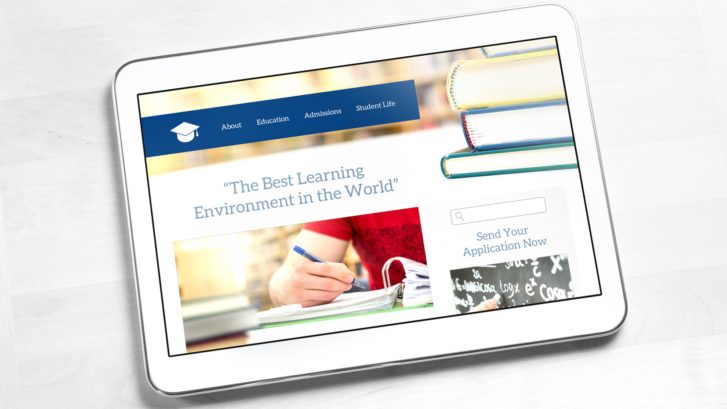We’re often asked to share the newest insights we’ve developed through our work with higher education clients and partners, and we’re happy to do so! Here’s the latest on what’s happening in higher ed marketing:
Prospective students and parents want a compelling story
They want to know that college education will lead to a “good job” after graduation. It’s incumbent on colleges to show this in stories. We’ve learned that prospective students want to see outcomes – not data, because they don’t believe what they see or know how to interpret what they see – but stories that they can see themselves in, i.e. specific examples of their possible future.
Prospective families want to understand how to finance college
Understanding the financial planning that goes into college decisions, enrollment and graduation is a daunting task for parents and students. The various ways of funding higher education – including the impact of student loans on the financial future of students – is confusing and stressful. Many families do not think they have the information they need to make informed financial decisions with their children. Colleges that put forth information that helps families to make the decisions are often more appealing than those that don’t.
Branding is still the buzzword
Remember that your “brand” is not your logo, your font or your colors. And it’s not what you say about yourself. IT’S WHAT PEOPLE THINK AND SAY ABOUT YOU. Knowing what each of your target audiences (prospective students, faculty, stakeholders, alumni) currently think and say about you will help you to craft future messages that are honest and appealing.
Brand differentiation is becoming more important – what makes the experience at your college distinctive and worth considering? If you sound like everyone else, why enroll at your institution over another? As you work on refining your unique brand, keep in mind that understanding the difference between brand strategy and marketing tactics is critical – once, a college marketer told us her institution’s marketing strategy was billboards.
Social media and online videos have changed the face of information delivery
Universities are looking for multiple ways to get the word out to prospective students, and smart college marketers are meeting students “where they live” – i.e., online via a range of social media sites including Facebook, Twitter, Instagram and Snapchat. A social media marketing strategy that includes your web presence is just as critical as a strategy for producing your print materials. Beyond knowing where to find them online, you need to find out what messages prospective students want to hear about you on social media.
The use of mobile devices to access college information continues to grow and includes video. Think about it: the trends of screen sizes of our mobile devices over the past few years are actually getting bigger – and that’s to accommodate video. One of our agency partners is convinced that within 5 years, everything on college websites will include video.
Traditional measures of success no longer tell the whole story
Traditionally, top-of-mind awareness is used as a metric of success to understand where an organization stands in the minds of consumers… and colleges often use this metric to measure success among prospective students. Those colleges that are really stepping up their marketing initiatives have learned that incorporating a combination of metrics help to better predicts success, including: prospective students’ likelihood to visit, interest in applying, likelihood to recommend, as well as the college’s own web/social media activities, in addition to alumni giving/engagement.
The Melior Group can help
Keeping up with higher ed marketing can be a daunting task. The Melior Group regularly works with our higher ed clients to understand brand awareness and develop metrics appropriate to evaluate success, as well as better engage with prospective students, parents, alumni and stakeholders. Reach out to us to learn more about how our research can help you.
To learn more about our work with colleges and universities, please contact Elizabeth Foley [email protected] / 215-545-0054 x111

